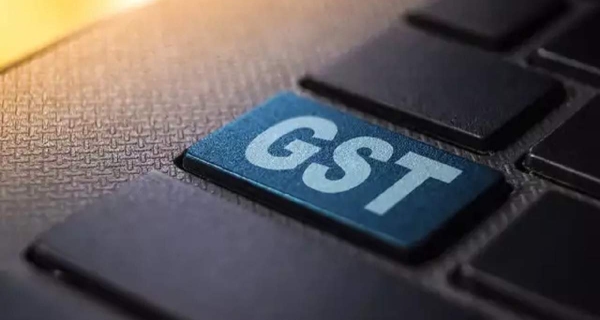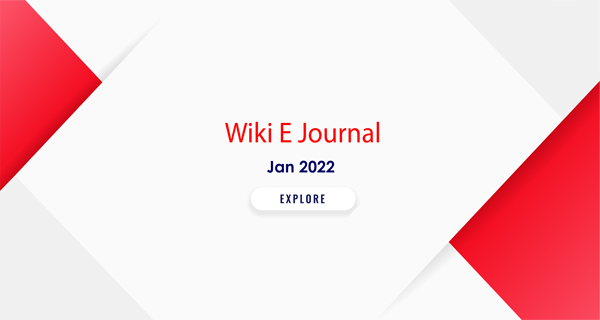In this edition, we bring you, the possibility of claiming refund of unutilised input tax credit at the time of closure of the unit. Under the GST laws, business carried in each state by a registered person is obligated to obtain registration. There arises a situation, when one of the said registered person has unutilised credit for various reasons, intends to close the business in such state, whether there would be any possibility of approaching the authorities for grant of refund. We have taken a case study to explore this point.
The next article is on the concluding piece of ‘residence’ under Income Tax Act. We have written two pieces earlier, which were published in our previous editions. This conclusion part deals with mostly no-touched area dealing with crew member of ship and aircraft.
The subsequent article is on the various issues arising from computation of capital gain on sale of depreciable asset in terms of Section 50 of Income Tax Act. Basis our experience, we have collated certain issues, which would arise, when the sale of depreciable asset happens and by taking help of the judicial precedents tried to analyse the same.
The finale is on the recent support extended by Government in the form of Aatmanirbhar Bharat Rojgar Yojana (ABRY). Through this, the Government intends to contribute the PF share of employer and employee in certain class of establishments and employee share in certain class of establishments qua new employees to promote the employment generation. The insights were contributed by our learned senior associate Mr SV Ramachandra Rao.
We hope that you will have good time reading this edition and please do share your feedback. I will also urge clients to mail us topics or issues on which you want us to deliberate in our future editions, so that we can contribute to the same.
KEY TOPICS:
GST
DIRECT TAX
LABOUR LAW








